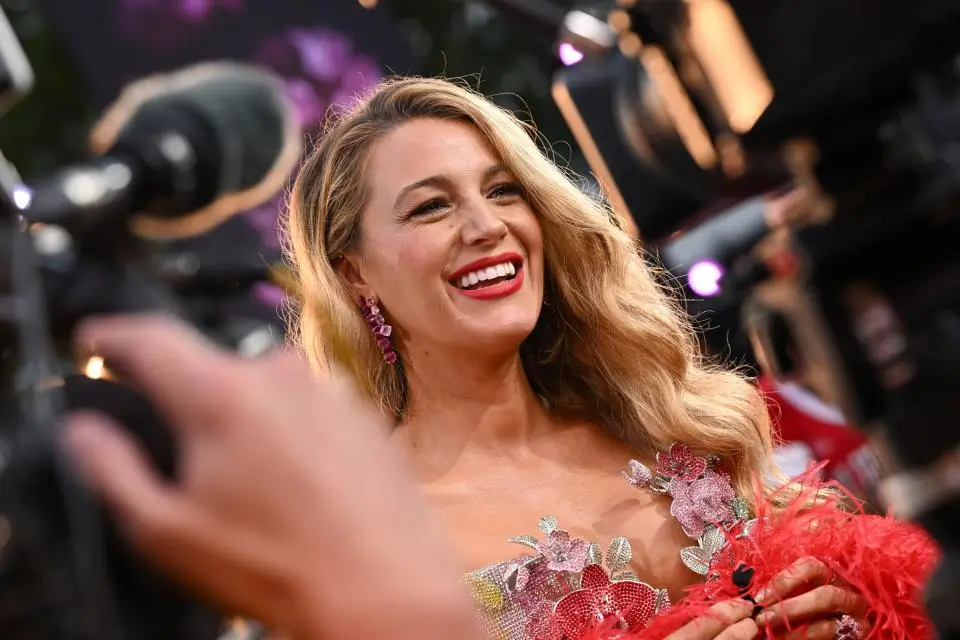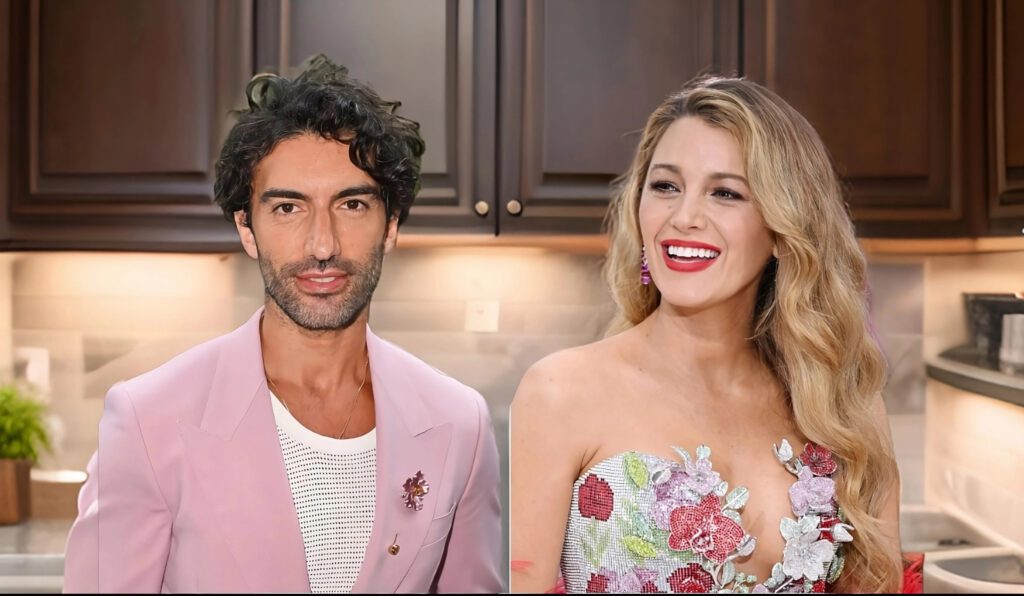The Escalating Legal Battle Between Blake Lively and Justin Baldoni: A Deep Dive
The Right to Speak Out vs. the Right to a Fair Trial: Balancing Competing Interests in the Lively-Baldoni Dispute.

- Inside the Lively-Baldoni Legal Showdown
The legal dispute between actress Blake Lively and actor/director Justin Baldoni has taken a dramatic turn, escalating beyond initial accusations of sexual harassment to encompass accusations of defamation, retaliatory media campaigns, and now, a clash between legal teams.
The conflict began with Lively filing a complaint with the California Civil Rights Department (CRD) in December, alleging a hostile work environment and repeated sexual harassment by Baldoni during the filming of “It Ends With Us.” This complaint preceded a civil lawsuit making similar accusations.
Baldoni has vehemently denied these allegations.
Recently, the conflict has further intensified with Lively’s legal team accusing Baldoni’s attorney, Bryan Freedman, of engaging in a public smear campaign.
Lively’s legal team asserts that they had previously sent two cease-and-desist letters: one to “The Wayfarer Parties” (including Baldoni’s production company and publicity team), and another directly to Freedman. These letters demanded an end to what they described as “defamatory and retaliatory statements” about Lively, emphasizing that lawyers are bound by professional standards that differ from those of publicists and crisis managers. They argued that Freedman’s public pronouncements are “unprotected by the litigation privilege.” Despite these warnings, Lively’s lawyers argue that Freedman and the Wayfarer Parties have continued their “harassing and retaliatory media campaign,” issuing near-daily statements and releases to the press.
This public battle has raised serious concerns about its potential impact on the legal proceedings. Lively’s lawyers argue that Freedman’s conduct “threatens to, and will, materially prejudice” both Lively’s sexual harassment case and Baldoni’s defamation case “by tainting the jury pool.”

The core issue lies in the tension between the right to public discourse and the need to ensure a fair trial. While transparency and public accountability are important, the risk of pre-trial publicity influencing potential jurors is a significant concern. The legal system aims to ensure that judgments are based on evidence presented in court, not on public opinion shaped by media narratives.
This case highlights several key points:
- The complexities of sexual harassment cases: These cases often involve nuanced situations and conflicting accounts, making it crucial to have a fair and impartial legal process.
- The role of public relations in legal disputes: While PR can be used to manage public perception, it should not interfere with the integrity of legal proceedings.
- The importance of legal ethics: Lawyers have a professional responsibility to uphold the integrity of the legal system and avoid actions that could prejudice a case.
The outcome of this legal battle will have significant implications for both parties involved and will likely serve as a precedent for future cases involving similar allegations and public disputes. The court’s decision regarding the requested hearing and protective order will be crucial in determining how this case proceeds and whether a fair trial can be ensured amidst the ongoing media attention. The case also underscores the delicate balance between public discourse, legal strategy, and the pursuit of justice.



